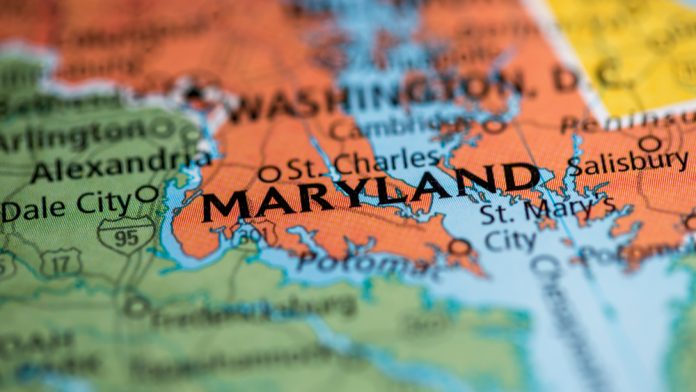A bill which seeks to legalise online casinos in Maryland has been put forward in the state’s Senate.
Senator Ron Watson introduced and read the legislation for the first time on January 26 which, if passed, would make Maryland the eighth state in the US to legalise igaming.
SB0603 – which is a follow-up to SB0267 that was presented in the 2023 session – has the following synopsis:
“Authorising the State Lottery and Gaming Control Commission to issue certain licenses to certain video lottery operators and certain qualified applicants to conduct or participate in certain Internet gaming operations in the State; authorising the Governor, on recommendation of the Commission, to enter into certain multijurisdictional Internet gaming agreements with certain other governments, subject to certain limitations; and submitting the Act to a referendum of the qualified voters of the State.”
According to SB0603, igaming within the state would be regulated by the Maryland State Lottery & Gaming Control Commission.
Gambling companies wishing to operate within Maryland’s igaming space will have to pay a $1m fee for a five-year licence. State casinos and VLT operators will be able to offer online casinos.
There will also be five additional licenses available to companies that have been headquartered in Maryland for at least 10 years and own at least a five per cent interest in a VLT operator.
Should any of these companies be selected for a license, they would need to commit to building a $5m live dealer studio within the state.
Licencees will be subjected to a 47 per cent tax rate of adjusted revenue generated for the State Lottery Fund, which will allocate the funds as follows:
One per cent of all funds collected to a Problem Gambling Fund, one per cent to the State Lottery & Gaming Control Agency for the cost of background investigations and other regulatory activities, and the remaining funds to the Blueprint for Maryland’s Future Fund.
In addition, operators can deduct 100 per cent of promotional credit during their first year of operations in the state, but this percentage will drop to 20 per cent after the first year.
As the synopsis outlines, alongside legalising online casinos, the state will look into entering multistate igaming agreements if the bill is passed.
This means Maryland could join the Multi-State Internet Gaming Agreement for online poker, which currently consists of the states of Delaware, Michigan, Nevada, New Jersey and West Virginia.
The bill will only become law if the Maryland public votes in favour of legalising igaming during a referendum in November 2024.











